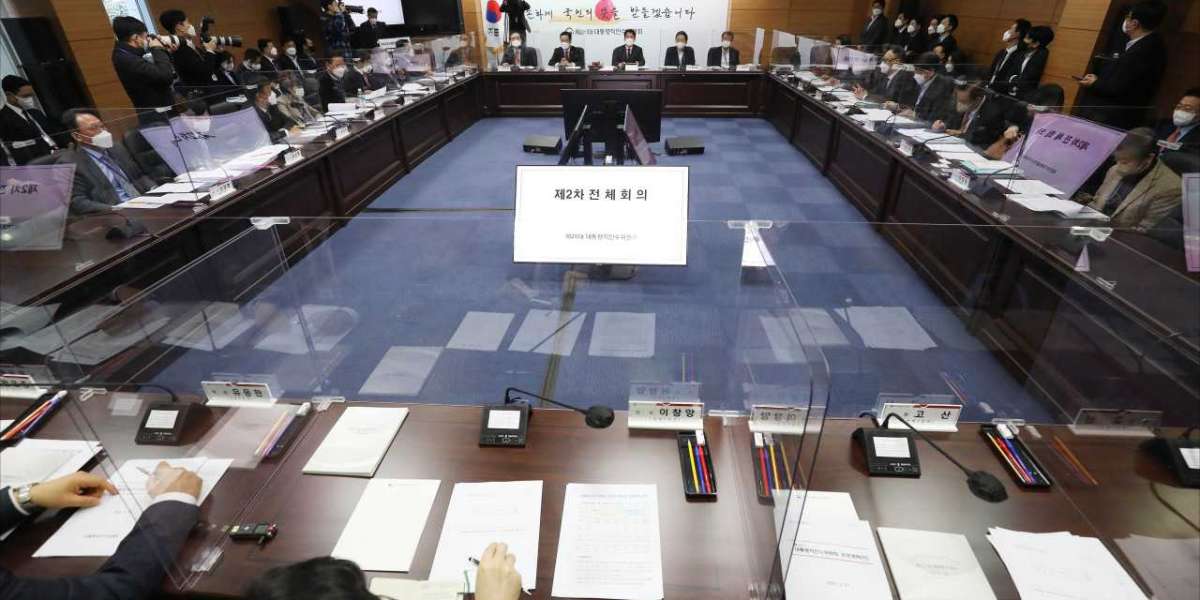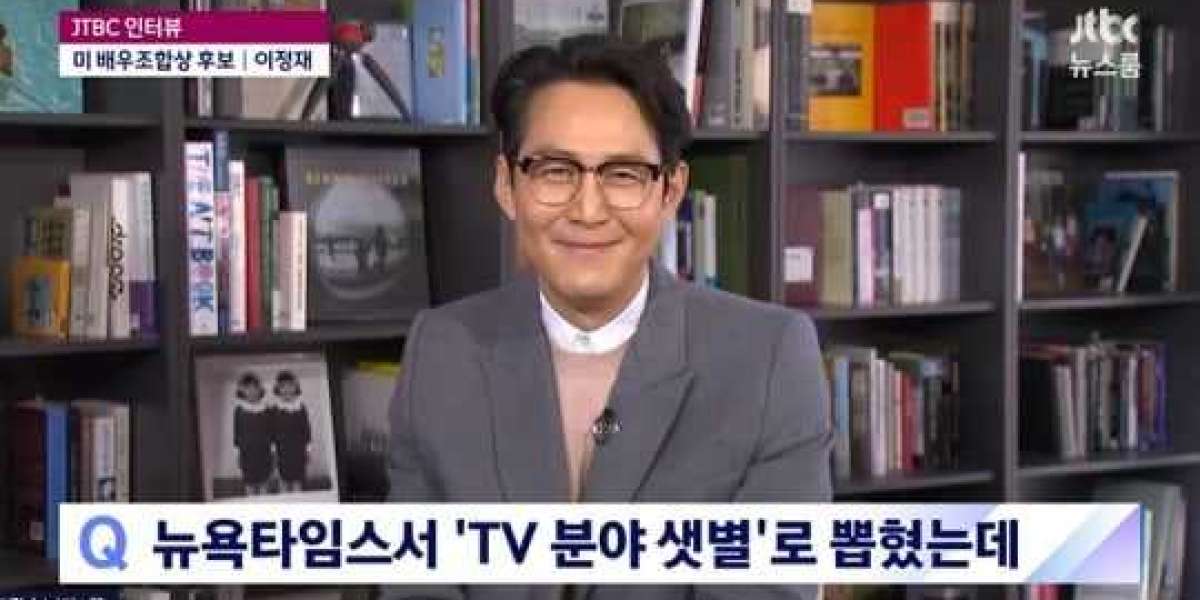As the Yoon Suk-yeol administration takes office, there is growing speculation that the Ministry of Foreign Affairs and the Ministry of Unification would undergo significant changes.
With the increasing significance placed on economic security, the Foreign Ministry may be able to reclaim trade activities previously held by the Industry Ministry. The Unification Ministry, on the other hand, looks to be on the verge of having its function diminished as tensions with the North grow.
It was during his presidential campaign that Ahn Cheol-soo, the head of the transition committee, made pledges about transferring trade matters to the next administration. The Minister of Trade, Industry, and Energy said in December that he would shift trade activities from the Ministry of Trade, Industry, and Energy to the Ministry of Foreign Affairs "in order to respond efficiently" in the age of science, technology, economy, and diplomacy.
On Tuesday, Ahn met with members of the committee who are involved in international issues. According to the committee's spokeswoman, they exchanged perspectives on the causes of the present government's "diplomatic failure" and discussed "functional organizational structures" that were in keeping with the current trend. The reorganization of the ministries of foreign affairs and industry is viewed as the implementation of functional organizational frameworks.
Ahn and the other members of the group believe that "securing strategic materials" is as important as having a strong military might in the future. Supply networks, for example, are linked to economic security in terms of securing vital supplies.
The Ministry of Foreign Affairs is also attempting to combine diplomacy and trade responsibilities, putting a strong emphasis on "economic security" as the US-China trade war deepens and global supply chain difficulties emerge.
Diplomacy and trade coexisted during the preceding administrations of Kim Dae-jung and Lee Myung-bak, which were both headed by the Ministry of Foreign Affairs and Trade. The Ministry of Industry and Commerce has been in charge of industry and trade since the Park Geun-hye administration took office in 2013.
The Ministry of Industry, on the other hand, has raised reservations about the change.
They argue that industry and trade functions should "coexist" in light of the fact that large domestic industries are attempting to grow internationally. Officials claim that the Industry Ministry possesses greater professional expertise and economic understanding in the area of trade, and they are concerned that trade concerns may be pushed to the sidelines if the matter is treated solely from a diplomatic and political standpoint.
After collecting reports from each ministry, the transition committee intends to finish the restructuring plan, according to the plan. On Thursday, the presidential transition committee will hear reports from the two ministries, according to expectations.
In addition, the Ministry of Unification, which is in charge of inter-Korean relations, is likely to be reformed and modify its policy under Yoon's government, which takes a hard-line position toward the Democratic People's Republic of Korea.
Even though Yoon has not explicitly stated his position on the ministry, some members of the People Power Party, including its leader Lee Jun-seok, have advocated for its dissolution, claiming that the ministries of unification and gender have "ended their lives." Yoon has not stated his position on the ministry.
According to Shin Yong-hyun, a spokesman for the transition committee, the Ministry of Unification "would not be disbanded" at a briefing on Wednesday.
In accordance with the notion that the ministry should restore its powers, Shin said that the Ministry of Unification should enhance inter-Korean exchanges and collaboration, as well as humanitarian measures.
The rising level of anxiety over North Korea's repeated provocations is anticipated to prompt President Yoon to place greater emphasis on principle rather than flexibility in his administration's policy toward the North.
According to Yoon's transition committee's organizational chart, the phrase "unification" does not exist in any of the committee's seven branches. The foreign affairs and security section likewise placed a greater emphasis on diplomacy and security than it did on ties with North Korea.
Observers highlighted that the Unification Ministry may be rebuilt to focus on North Korean human rights and assistance initiatives for defectors, as promised by Yoon, rather than inter-Korean economic, cultural, and social interactions, as was the case previously.



